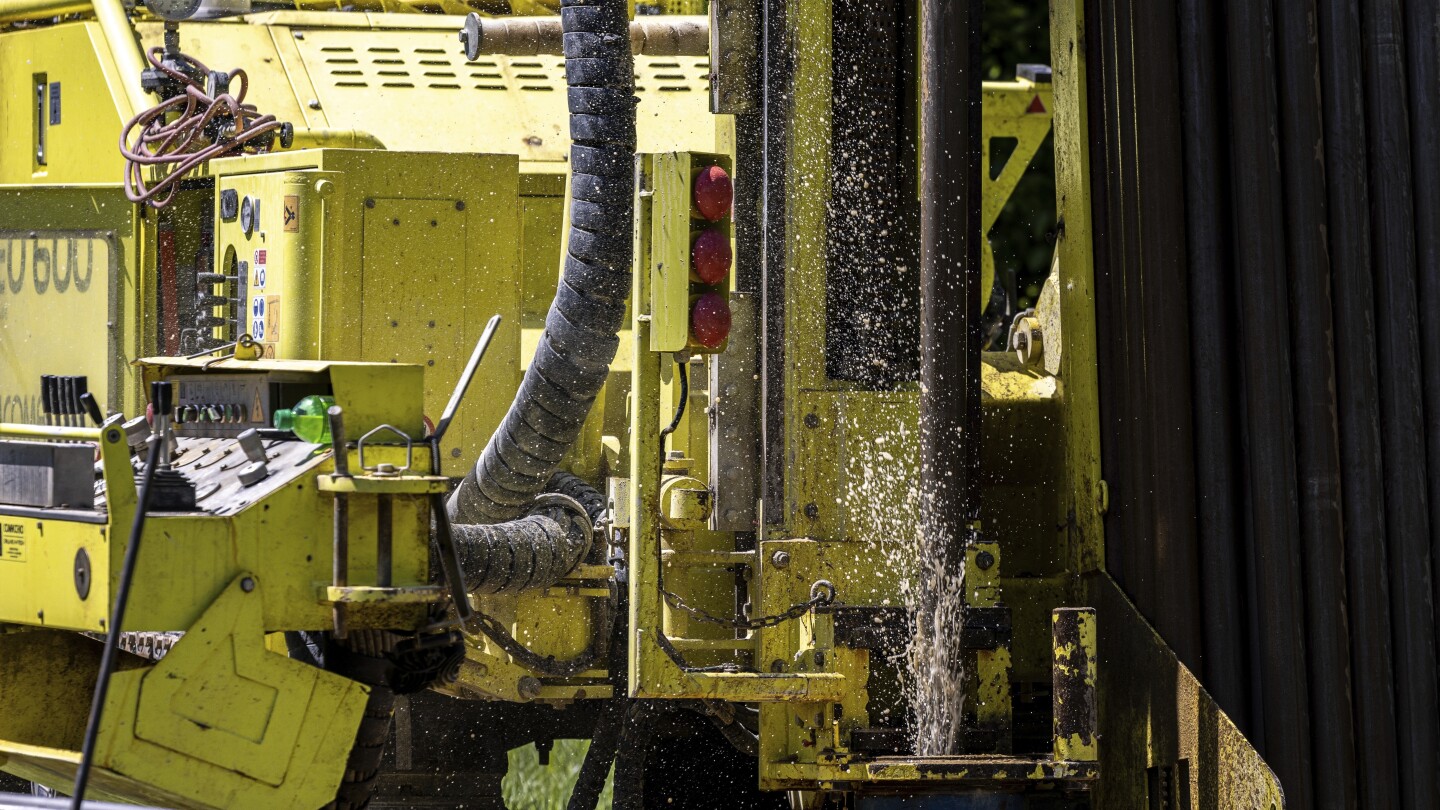Awesome.
Our state can’t even keep up on Energy Star rabate checks tho 🥹.
Be cool if there was some cash for clunker program for ppl to replace their POS water heater/oil burners with heat pumps.
Here’s hoping 🤞
Be cool if there was some cash for clunker program for ppl to replace their POS water heater/oil burners with heat pumps.
That would be vastly superior to the actual cash for clunkers program, since there’s no such thing as “classic HVAC enthusiasts” who would be upset at the old appliances being destroyed.
Massachusetts does have some significant incentives to convert to heat pumps, and it looks like solid financial sense when you need to replace oil or propane.
If you have an older electrical service/panel, you may need to update that as well. There is also a rebate to help with that, but I don’t know the tradeoff since I don’t need it
“Cash for Clunkers” makes sense for cars, since there is a used car market. Instead of someone buying an older used car and continuing to use it, the program bought those up and disposed of them earlier than otherwise, where it made sense for the environment . However there really isn’t a secondary market for old broken furnaces, so this doesn’t apply
I looked into it last year, but unfortunately not as clear cut for me:
- it’s all or nothing. Replacing both my furnace and that in my addition at the same time in order to qualify, made it too expensive of a project
- gas heat is cheaper and cleaner than oil or propane so not as good a payoff
- one of the incentives might have had an income ceiling I didn’t qualify for, I don’t remember
Community heating
Isn’t this just district heating? That has been the norm for ages in urbanized areas here in Sweden. District cooling is starting to become built out as well, given that climate change is mandating it little by little.
I wonder how this works, is it like a “group geo thermal” or ran like a US University campus where there are steam lines and chillers?
I don’t know the proper terms to how to describe this
Ground source heat pump, with a shared ground loop.
A standard air source heat pump moves heat between outside and inside, like an air conditioner. One of the challenges is when there’s a large difference in temperature between what exists outside vs what you want inside. Adjusting for that can lose a lot of efficiency, and require more advanced tech
However, underground is much more moderate and consistent a temperature year round. A ground source heat pump moves heat between underground and inside. It’s much more efficient, and you can use a smaller, lower tech heat pump to save even more money.
The downside of ground source heat pumps is the huge installation cost of drilling that well or laying that pipe below the frost line. So, it looks like they’re installing a common ground loop so the neighborhood can share the installation costs, then everyone can use the most efficient heat pumps. This seems like a great idea!





